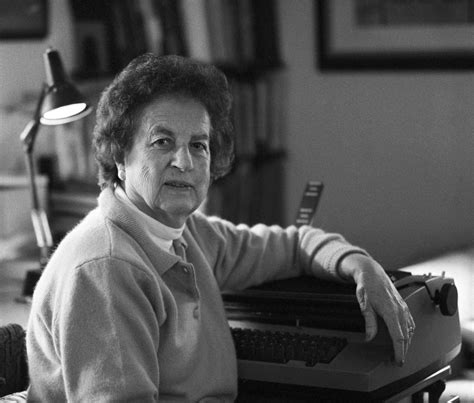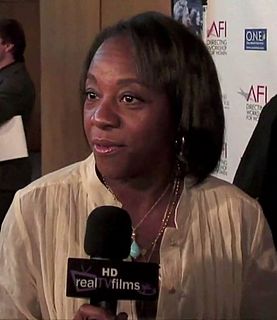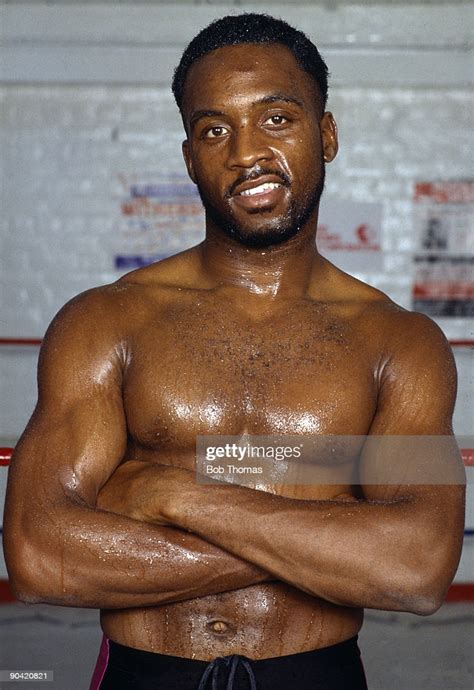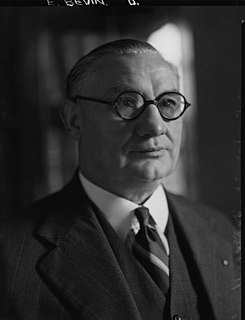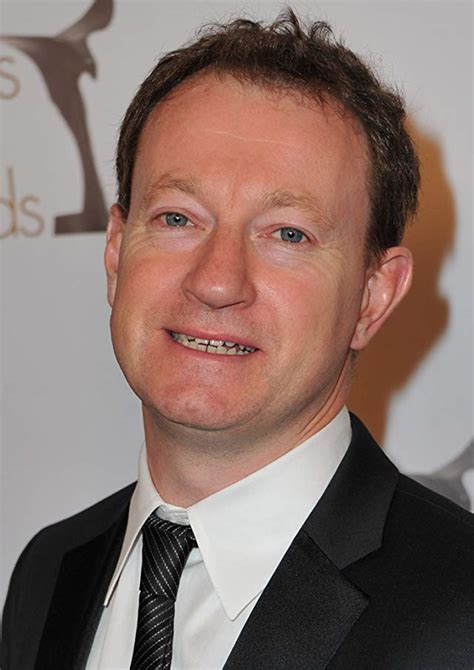Top 1200 British History Quotes & Sayings
Explore popular British History quotes.
Last updated on April 14, 2025.
The freedom fighters in India's long struggle for independence from British rule, or members of the African National Congress, were once classed as terrorists. History, as they say, is written by victors, but history also has many cunning corridors - how much time must elapse before all those tricky side-passages are revealed?
'A Naval History of Britain' which begins in the 7th century has to explain what it means by Britain. My meaning is simply the British Isles as a whole, but not any particular nation or state or our own day... 'Britain' is not a perfect word for this purpose, but 'Britain and Ireland' would be both cumbersome and misleading, implying an equality of treatment which is not possible. Ireland and the Irish figure often in this book, but Irish naval history, in the sense of the history of Irish fleets, is largely a history of what might have been rather than what actually happened.
The British have turned their sense of humour into a national virtue. It is odd, because through much of history, humour has been considered cheap, and laughter something for the lower orders. But British aristocrats didn't care a damn about what people thought of them, so they made humour acceptable.
Savagery was a word that Westerners used to, again, to consciously differentiate them from non-Westerners, to assert that superiority, that cultural superiority. It goes back to the British Empire, and again, you know, what was the purpose of the British Empire? To bring civilization to the savage no matter where they were, whether it was India or Asia or Australia or whatever. It's that civilizing mission that characterizes so much of the history of Western colonialism.
The way they taught history in schools was not appealing. They stressed wars and dates. They left the people out. I was attracted to history by the need to know about the people. In China, I went to a British school, and we just learned about kings and queens. Back in America, I had the regular social studies curriculum.
Armed struggle is a necessary and morally correct form of resistance in the Six Counties against a government whose presence is rejected by the vast majority of the Irish people There are those who tell us that the British government will not be moved by armed struggle. As has been said before, the history of Ireland and of British colonial involvement throughout the world tells us that they will not be moved by anything else.
We [Americans] inherited British law, which is like the new "reforms" that are being made now, in the sense that people are permanently entrapped in debt, if they once fall into bankruptcy. The reason that the law was changed in American history - the whole early period of the formation of the country was moving away from British law into a law that is generated here and that conforms to the sense of what is appropriate here.
I love the introduction of international managers and players into the Premier League. However Manchester United's principles through their history had always been: they will appoint a British manager, there will always promote youth, they will always play a certain style of football, they will always look to entertain. So to me the idea of appointing a British manager, David Moyes, appointing somebody who deserved that opportunity to step up, was the right principle.
In Britain, British history is naturally a mainstream subject. Step outside your own narrow specialism, and you can find yourself treading on someone else's toes. But in America, British history is an eccentric, minority pursuit, and while this can be intellectually isolating, it also permits extraordinary freedom.
We fear the arrival of immigrants that we have drawn here with the wealth we stole from them. For much of the rest of the world we must be the focus of bitter amusement, characters in a satire we don't understand. It is British people that don't learn languages, or British history. Britain is the true scrounger, the true criminal.
I grew up in a very British family who had been transplanted to Canada, and my grandmother's house was filled with English books. I was a very early reader, so I was really brought up being surrounded with piles of British books and British newspapers, British magazines. I developed a really great love of England.
I know who Queen Elizabeth represents. I know she's the head of the British state. I know she has all sorts of titles in relation to different regiments in the British army. She knows my history. She knows I was a member of the IRA. She knows I was in conflict with her soldiers, yet both of us were prepared to rise above all of that.
It is not surprising that only one medieval state, Venice, long possessed anything clearly identifiavble as a navy in this sense. We shall see that no state in the British Isles attained attained this level of sophistication before the 16th century, and no history of the Royal Navy, in any exact sense of the words, could legitimately begin much before then. This book, which does, is not an institutional history of the Royal Navy, but a history of naval warfare as an aspect of national history. All and any methods of fighting at sea, or using the sea for warlike purposes, are its concern.

















